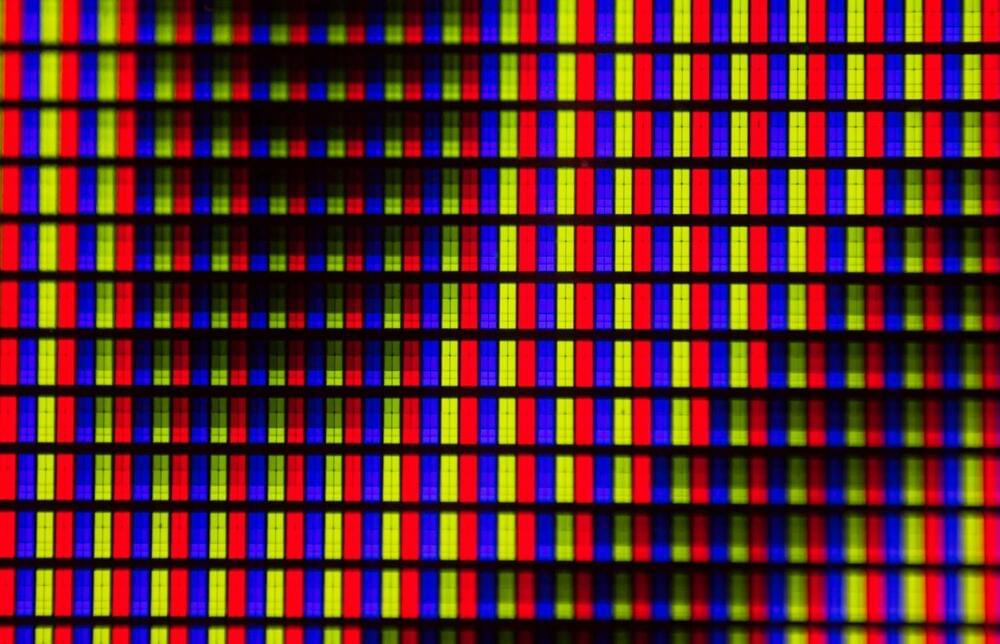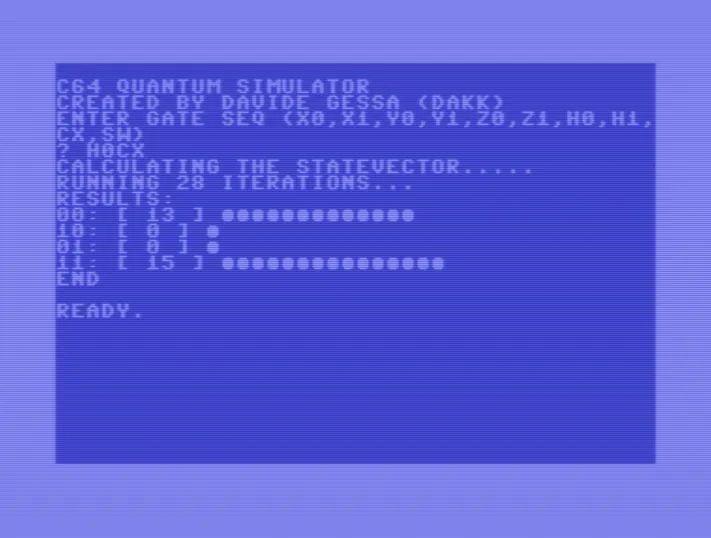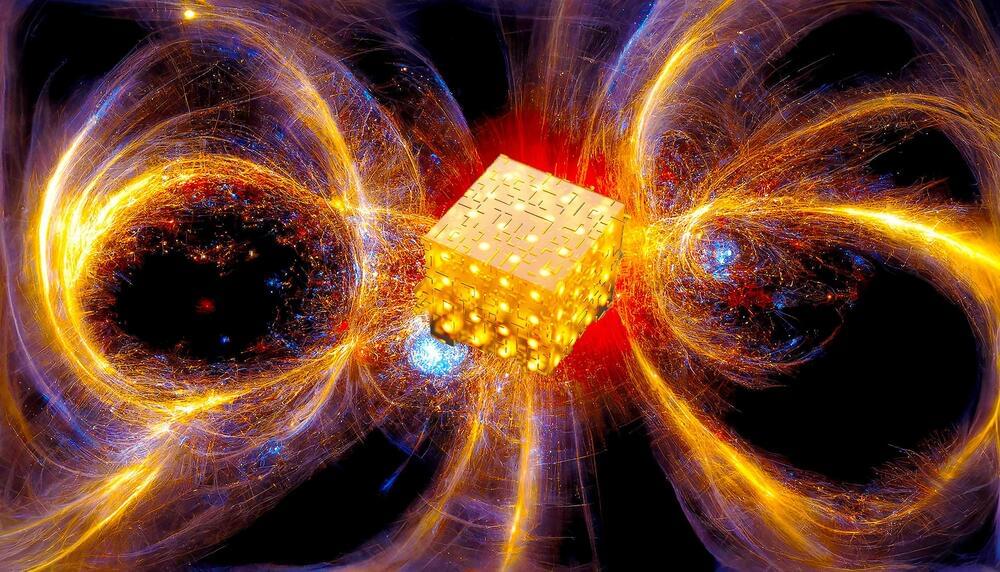Physicist Lennard Kwakernaak finds the “complexity of simple things” intriguing, and it is a tough ask to make an inanimate object count.
A collaboration between researchers at Leiden University and AMOLF in Amsterdam has yielded a new metamaterial, a rubber block that can count. The researchers are calling it a Beam Counter and it is pretty nifty.
In a world where researchers are racing to make a quantum computer that can do complex math, building a new rubber block might not seem like much. But physicist Lennard Kwakernaak finds the “complexity of simple things” intriguing, and it is a tough ask to make an inanimate object count.





